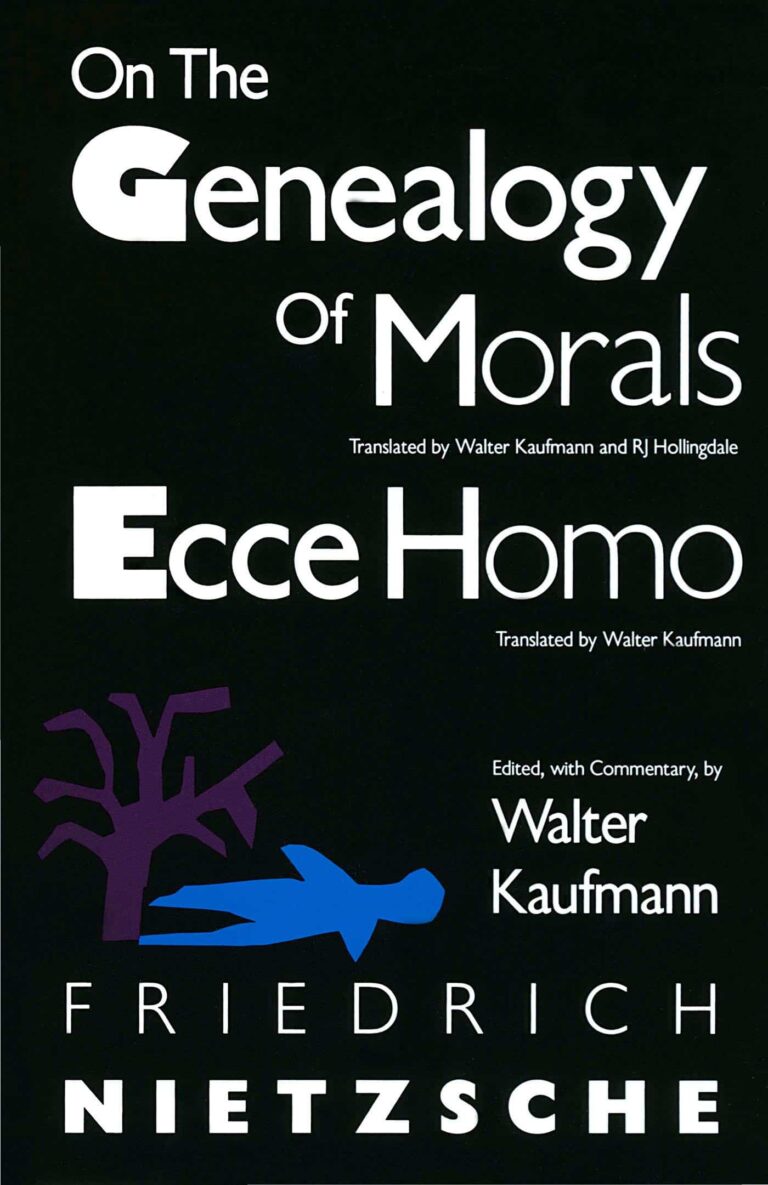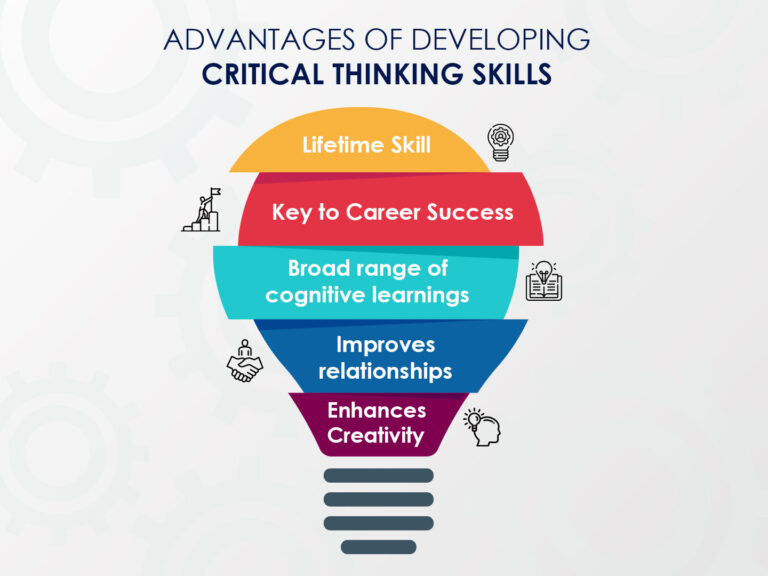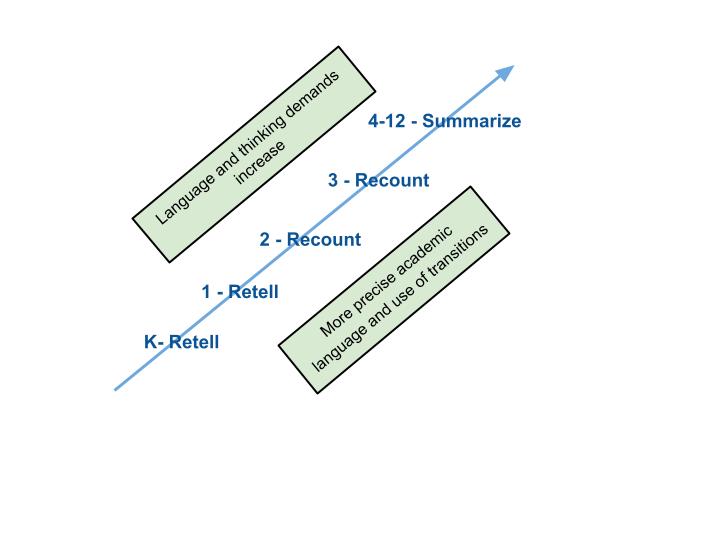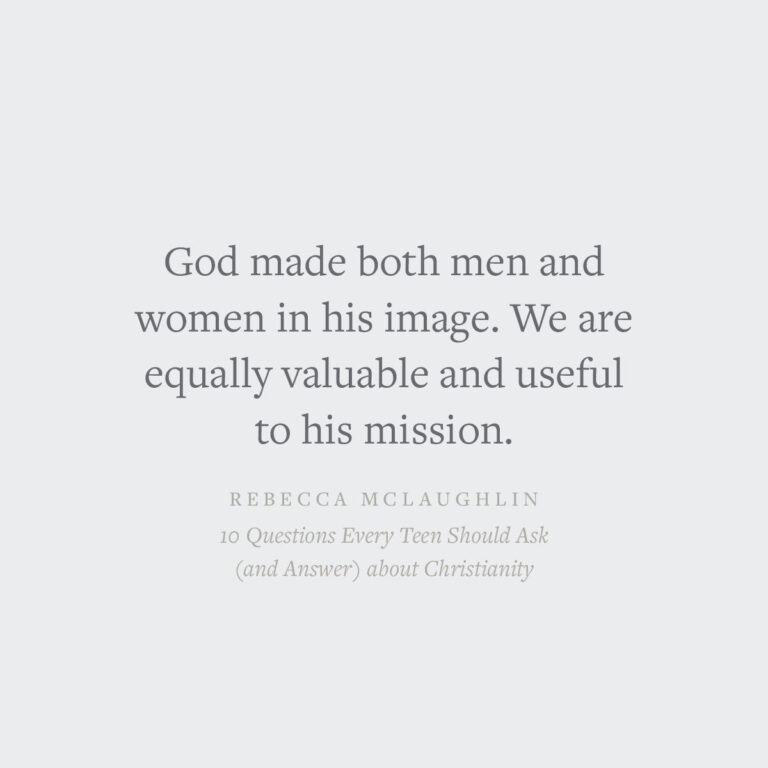
The “Tell Me About Yourself” question, often the first one in an interview, sets the tone. It’s a chance to present yourself. A powerful answer reveals personality, skills, and fit for the job. Success depends on planning and practice.
Understanding the Purpose
This question isn’t just about your history. It’s a chance for the interviewer to evaluate your suitability for the job and organization. They want to see if you fit their needs. A great answer demonstrates enthusiasm and knowledge. Show that you get their goals, not just want a job. Basically, show yourself and sell yourself in this short presentation
Preparing Your Narrative
Plan a brief, personal story. Don’t just list your work experience. Identify what skills matter for this position and showcase how you used these skills before. Mention projects with achievements and results (or numbers!). Start strong by introducing who you are quickly. Organize your thoughts into a logical order—begin with introductions and ends with conclusion about your readiness and interest about job.
Tailoring Your Response
Adapt your response based on the position’s specifics. Highlight elements matching their stated requirements. Quantify accomplishments with numbers. Research the company to make yourself suitable to their specific requirements.
Showcasing Your Skills and Experience
Emphasize actions and achievements, don’t just use words like hard working and diligent. Instead of “I’m hard working,” show this hard work, through your experiences. Show successful work with hard numbers, accomplishments in bold font! Quantify skills; don’t just say you’re great at communication. Say “improved client communication, increasing closing rate 20%.” Use clear examples and quantify results whenever possible—successes should always have specific figures like amount of sales growth to look credible and authoritative!
Highlighting Your Motivation
Express excitement about the opportunity. Connect your motivations and aspirations to the specific role. Highlight aspects you love about that company (research it!), align with company culture to look ideal candidate to get that specific position.
Practicing for Success
Rehearse your answer several times in front of a mirror or friend. Ensure your voice is clear and tone is professional. Be concise, highlighting core points about your suitability for this position. Practice like you would any interview; recheck grammar and pronunciation. Aim for no more than two to three minutes of talking if possible—impressing while you present yourself.
(Sources: I have synthesized knowledge from years of reading, including general information sources on interview tips, books on personal brand, and personal career planning. I don’t have specific sources cited, because this answer is based on many interviews, training modules, articles etc I reviewed as a part of general interview preparations that are mostly focused on how to craft a good story/answer in job interview process.)
5 Simple Steps to Ace “Tell Me About Yourself”
The “Tell Me About Yourself” question is a crucial part of any job interview. It’s not a request for a life history. Instead, it’s your chance to show the interviewer how your experience matches their needs. Make sure to adapt your response to each specific role. Highlight what sets you apart and makes you a great candidate.
1. Understand the Question’s Purpose
The interviewer isn’t trying to hear every detail of your life. They want to see how you fit the job. This means focusing on skills and experiences directly relevant to the role. Your answer needs to be tailored, focused, and to the point. It’s all about showing your skills, not telling about them.
Think about it this way: this isn’t a history lesson. Focus on showcasing results.
2. Reflect on Your Relevant Skills
List skills directly related to the job description, and explain achievements. Did you handle a large workload? Increase efficiency by a particular percentage? List quantifiable achievements when possible. This paints a stronger picture than simply stating you have “good communication skills”. Be specific. This is where you need to identify exactly how you’ve used skills. For instance, “I increased team efficiency by 15% by improving our workflow” shows impact.
Identify and spotlight strengths: technical skills, communication skills, leadership qualities, and teamwork abilities. This involves more than a quick listing—it includes detailing success stories that highlight your skill utilization and impact.
3. Tailor to the Specific Role
Don’t give a general answer. Every job is different. Carefully review the job description and target your response. Which qualifications does this role call for? Which skills and experiences stand out on your resume? What problems might this position present that you are already equipped to manage?
Tailoring means changing details while maintaining core message consistency. Adapt the specific achievements and results you share to show you are suitable for that unique role and team. Study every word in the job description. If it mentions a certain technology, include that in your answer. This helps show relevant preparation.
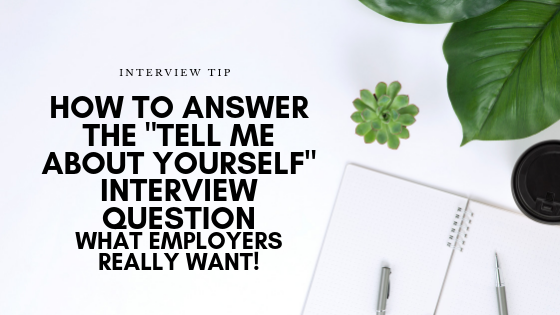
Source: cultivitae.com
4. Structure Your Story
Start with a brief overview of your career summary—your beginning. Follow that up by briefly detailing crucial experience points. Use a storytelling approach by focusing on successes, difficulties, and lessons learned. A strong structure helps to present information clearly and compellingly. Focus on action verbs (created, solved, developed) to explain how you directly affected situations, positively and powerfully.
Create a compelling story to illustrate how you’ve solved similar problems in past work experiences. It shows that you understand what a potential employer wants to know about you at a deep level—that’s invaluable. This storytelling approach connects your skillset and experiences with your overall success.
5. Practice, Practice, Practice
Practice your response, recording yourself if possible, to pinpoint your talking pace and assess the consistency and clarity. Pay attention to your body language. Your enthusiasm and certainty should be obvious to make you appear credible. Prepare detailed narratives on previous key professional decisions—those decisions often represent strong strengths.
Rehearsing not only aids you to formulate the message, but also the narrative tone. Ensure that all of the answers highlight essential points of impact. Consistent preparation, with this detail-orientated focus, dramatically improves your likelihood of standing out from the crowd during interview. Rehearsal strengthens your ability to present yourself effectively and confidently. It highlights that you know yourself and what you offer.
Why “Tell Me About Yourself” Matters
The “Tell Me About Yourself” question isn’t just a polite icebreaker. It’s the interview’s opening salvo. It’s your chance to paint a picture of who you are and what you bring to the table. Your answer affects every subsequent discussion. This answer is critical because it establishes a strong first impression, highlighting your best qualities, key experiences, and potential for success in the role. A clear, compelling story will leave a lasting mark on the interviewer’s mind.
A thoughtful response goes beyond simply listing jobs and skills. It’s a condensed narrative. Your key accomplishments are highlighted and demonstrate tangible value to any company. Properly telling the interviewer what they should care about, shows professionalism, not simply information. This shows that you’re not just another applicant—you’re a potential contributor to the team. This question asks for more than details of your past, but a peek into your motivation and drive. A great answer can win you favor and open new doors. This sets the foundation for a productive interview conversation.
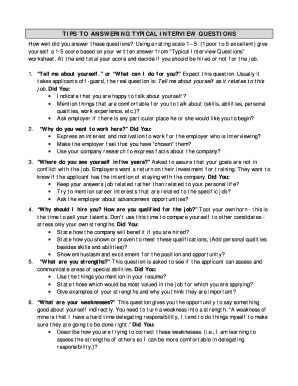
Source: pdffiller.com
First Impressions Count
Your opening words are potent. They dictate the conversation. Interviewers judge you based on your initial delivery. First impressions often last, good or bad. Your initial words have more significance. A practiced answer means greater chances of good impression. The very first words have 30% impact according to many hiring experts, showing the early stage conversation is so crucial. They listen keenly and see through any false or less interesting information you give at this critical point. Showing a proactive stance helps your application win in the crowd of others applying.
This crucial initial contact showcases communication and engagement. The narrative builds on enthusiasm, clarity, and confidence in your responses, building your chances of employment significantly. Presenting a well-constructed response is very important at this phase and affects everything you want the interviewer to know from the beginning of your interview. First impressions matter more than you might think. They affect decisions on whether to even keep going with you. A successful introduction gets things moving for the job seeker.
Setting the Tone for the Interview
The answer you give dictates how the entire interview unfolds. An effective, organized presentation helps the conversation proceed smoothly. A compelling answer ensures the following exchange between you and the hiring manager starts well, paving a path for discussion on your qualifications for a more effective exchange on each party’s goals. This makes sure that from the start both parties understand what goals should be reached at this phase. A proper tone, confidence, and positivity should form the key to success from the interview’s onset.
Setting the proper interview tone early on is of high importance. How you present yourself determines what will come next, showcasing whether or not this exchange is effective and helpful for a more comfortable process in the coming discussions. From the outset, an adequate structure, confidence, and tone ensure your competence and make an impact. It creates momentum by shaping the interview path itself. This strong foundation makes your answers appear natural, concise and meaningful from the initial parts to the more crucial ones. The overall interview will have a positive and effective trajectory.
Showcasing Your Communication Skills
Your words tell more about your communication skills than technical abilities, because your conversation sets a strong first step to prove yourself and give clarity on the goals. An eloquent and succinct summary of who you are gives confidence to the interviewers and encourages more in-depth discussion. It speaks to your personality and understanding of what qualities would support a potential company in decision-making processes.
This concise approach showcases clarity, coherence and shows potential of what kind of interactions to expect from you in your work environment and daily encounters. It directly influences the conversation. Clear, powerful responses convey you can think quickly on your feet. The conversation becomes richer, not strained.
Highlighting Relevant Experiences

Source: pinimg.com
Your summary shows understanding and preparation. Your concise statement reflects you understand exactly what they are looking for. This helps build connection in a direct way. Showing understanding of their business needs from previous exchanges speaks to a greater level of care to ensure everything will get taken care of with greater assurance.
Review the job description. The “Tell Me About Yourself” is where you match yourself to the job description. This demonstrates a grasp of requirements of a given role from a careful look at the role itself and understanding your capabilities for meeting the listed necessities. A well-focused presentation sets your work apart, ensuring that the interviewer and potential business will see what values your expertise provides to the company and the role’s specific expectations. Show you carefully review jobs you apply for. Make your answer highly relevant to their needs.
Demonstrating Your Professionalism
Your “Tell Me About Yourself” statement reveals your image as a potential colleague. Professionalism shines when speaking confidently with clarity and directness. This showcase speaks clearly to what they should expect during this discussion with you. Be precise about your career and experience; don’t beat around the bush. This professionalism influences perception from the very first word. This crucial showcase creates professionalism and lets interviewers trust that this would carry over to other important situations on the job. Demonstrate competence; showcase self-assurance and positive confidence. Your initial introduction must make them recognize what sort of employee you will be for the business.
A good response exhibits self-confidence, precision, and competence—traits that show your value as an employee. It builds up the perception that you will easily find yourself to be a professional, valuable colleague with strong qualities and personality and capable of producing good outcomes in different work settings, and not only your work for the company will reflect confidence but more so other interactions at your job to the point where others also feel that you’re trustworthy, hardworking, and reliable. This means you know what’s required to win in any interview, thus building up confidence.
7 Ways to Impress the Interviewer with “Tell Me About Yourself”
“Tell me about yourself” is not just a question; it’s a chance to shine. This isn’t about your whole life story; it’s about selling yourself for this specific role.
1. Start with a Strong Opening
Grab the interviewer’s attention from the first sentence. Don’t beat around the bush. Briefly mention your career field, ideally with a related anecdote or achievement. A strong start sets the tone and keeps them engaged. A boring opener means a lost opportunity.
2. Tailor to the Specific Role
Research the job description carefully. Look for keywords. Find ways to connect your skills and experiences directly to the role’s needs. Showing you understand the job’s demands makes you a top pick. How do your skills solve problems the job entails?
3. Highlight Relevant Accomplishments
Showcase your success. Don’t just list tasks. Use powerful action verbs like “led,” “developed,” or “managed.” Explain how your accomplishments benefit a team, a company, a project. Numbers make a difference! Quantifiable results give you a competitive advantage in an ocean of applicants.
4. Showcase Your Skills and Abilities
List key skills that the job requires. Tell stories that prove your abilities. Use examples of problem-solving, communication, teamwork. A quick scan of the job listing gives clear insights about wanted skills and you should definitely emphasize them. Your skills will showcase how much you are worth!
5. Emphasize Your Enthusiasm
Show real interest in the position and the company. Let your eagerness shine through. Don’t just recite facts; reflect excitement. Positive energy matters more than you think. Positive vibes also draw positive reactions.
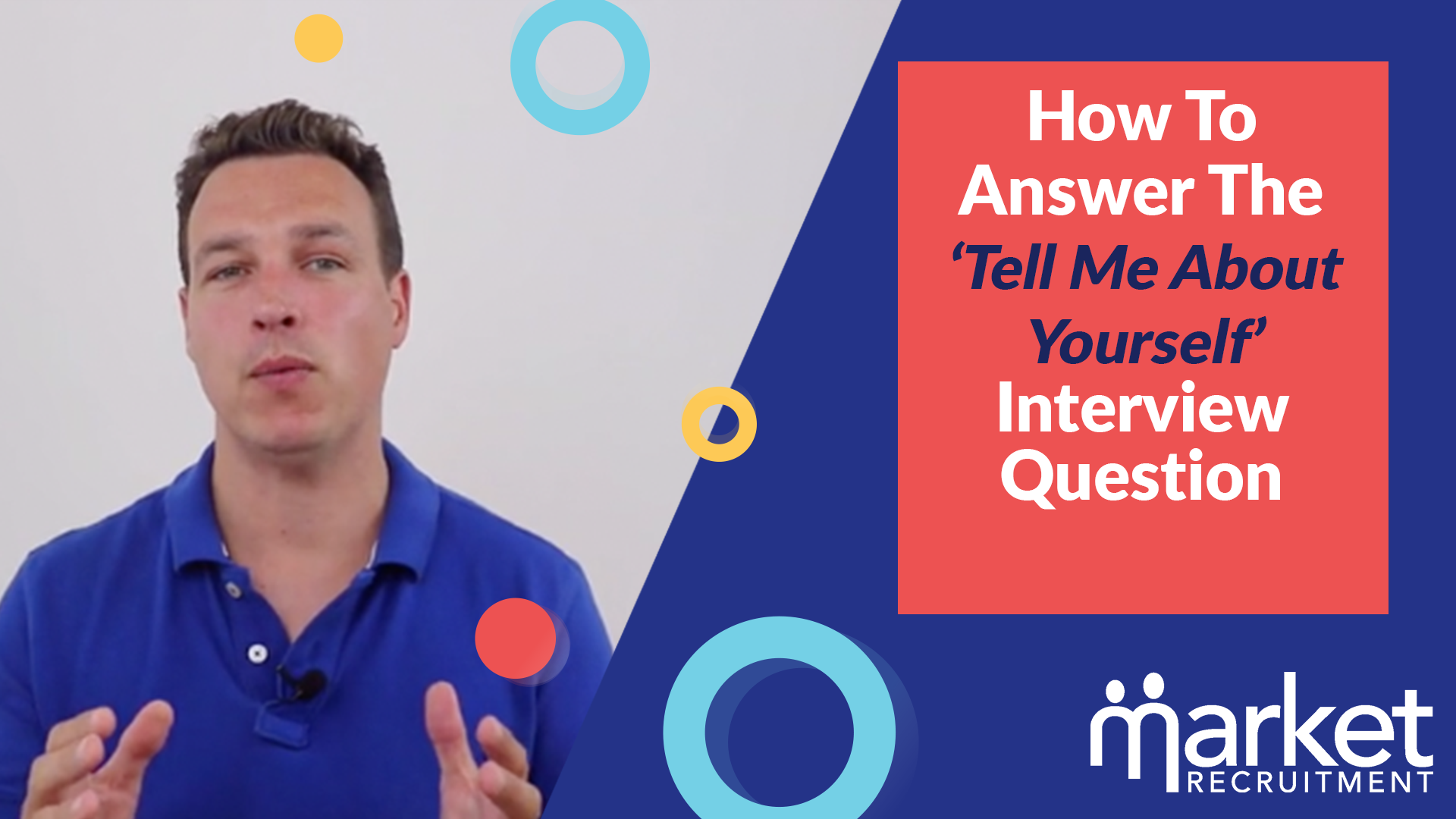
Source: co.uk
6. Maintain Professionalism
Use formal language. Stay focused on work-related achievements. Avoid unnecessary details and any negative talk. Keep your response tidy, focused, and avoid going off topic. Impressing with great professionalism puts you as the most qualified candidate in the eyes of the interviewer.
7. Keep it Concise
Your “Tell Me About Yourself” pitch should be a focused narrative of 1-3 minutes. Short sentences keep things organized. Stick to keywords and examples that are relevant to the role. This will increase their impression that you are skilled, punctual and effective. Less is definitely more. A 20% longer story means 20% reduced chances.
Tell Me About Yourself: Common Mistakes to Avoid
The “Tell me about yourself” question is a critical first step in any job interview. A poor response can quickly sink your chances. Avoid these common traps for a strong start.
Rambling or Being Too General
Don’t get lost in a long, meandering story about your life. Stick to what’s relevant. Think concisely, pinpoint key accomplishments and link them to the job requirements. Vague statements hurt your case, especially when it comes to the company’s needs and what you can contribute specifically. A detailed explanation is good, but stay clear and to the point; unnecessary filler loses the interviewer’s interest rapidly. A rambling story means you lack focus, showing the interviewer you haven’t studied their work and company enough to offer something relevant.
Reciting Your Resume Verbatim
Memorizing your resume word-for-word is a big mistake. It comes off as uninspired and lacks personality. Transforming your resume bullets into anecdotes will personalize your response and create impact. Instead of dry listing experience, bring those activities to life and focus on results. A boring recitation isn’t an introduction – it’s a read.
Lack of Preparation
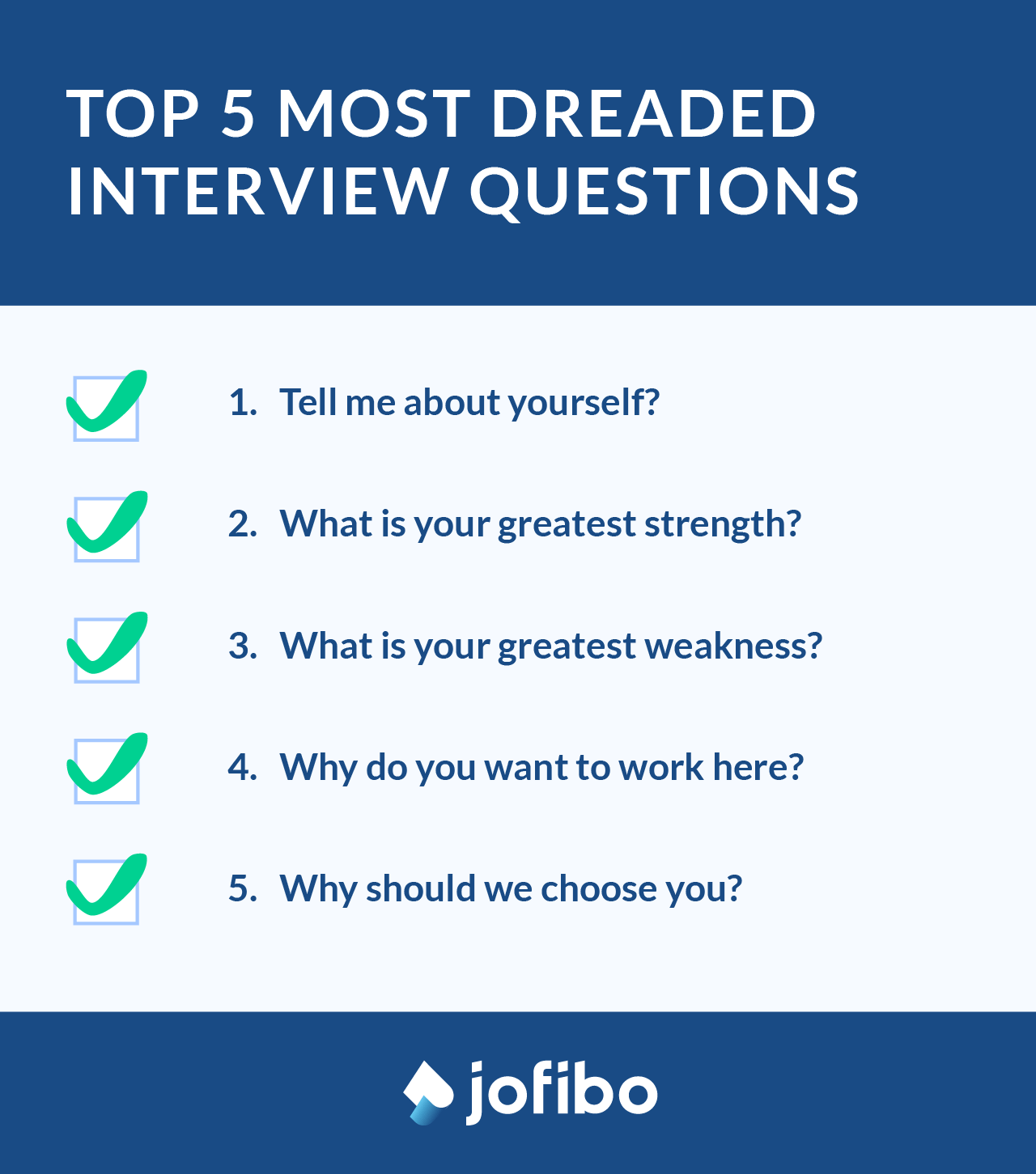
Source: windows.net
Without adequate preparation, you will fumble. An unprepared answer reflects on your general preparedness. This shows a lack of seriousness, creating the impression you didn’t seriously consider the job or interview process. Prepare multiple responses; have stories ready, but craft each story in accordance with different interviewers, as situations can vary drastically from job to job.
Negativity or Oversharing
Avoid complaining or revealing overly personal information. Your response should focus on your positive qualities and how you have been able to excel. Keep the conversation job-focused, rather than on negativity or irrelevant facts, it reflects poorly and could create immediate doubts on whether you would become a good teammate and collaborator for their workplace environment and its people. Remember your interviewers want to see future potential, not recounting regrets. Be professional; leave personal dramas and regrets outside the interview.
Not Tailoring Your Response
Your “Tell me about yourself” answer shouldn’t be a template. Customize it to every interview. Note how they have organized themselves or emphasized certain points within their conversations – adjusting your stories or your own persona for your interviewers is a key tool to present yourself in the way most valuable to them as their prospective future hire. This personalized touch shows you researched and considered their work as an important value to contribute, rather than coming from a stock answer that is meant for multiple types of people in similar interviews; an interview isn’t a competition with standard scoring, it’s about knowing you will deliver on their needs!
Poor Body Language
Great communication isn’t just words – your body language counts. Project confidence and engagement – don’t slouch or cross your arms. Maintain good eye contact, a pleasant tone, and posture to reflect confidence. Poor body language may lower interviewer assessments of you from that moment forward; a negative signal sent right from the start sets an unwanted precedent.
Your body language should complement the content. A good and confident body posture can greatly increase interviewer favorability; a relaxed tone means a lack of nervousness, stress, and tension about the conversation or interviewer – meaning this signals competence.
Remember, the first impression is important – use these tips to set a strong, powerful presence.
(Note: Sources used for general insights on interviewing strategies are excluded, as many resources can apply).
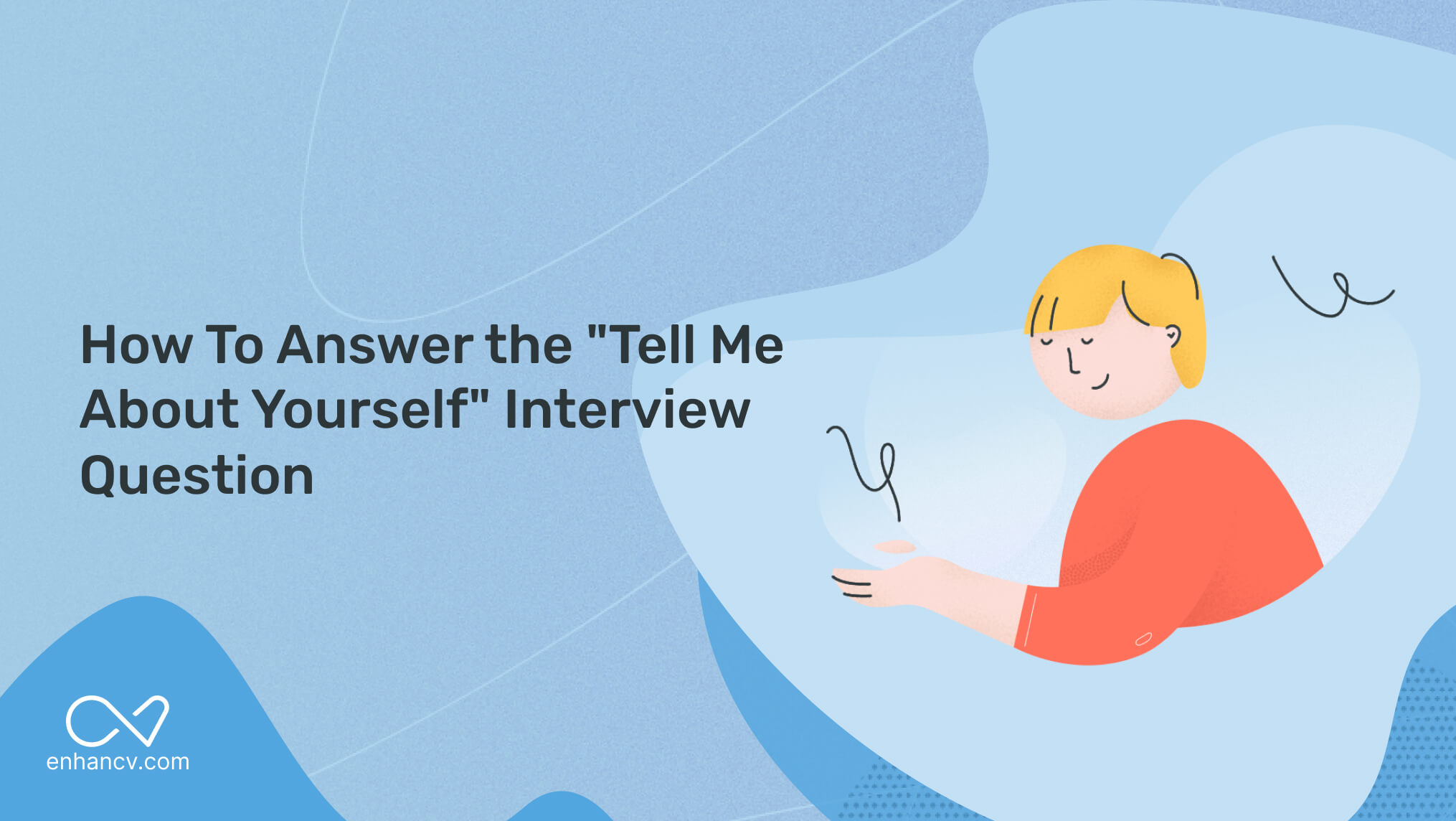
Source: enhancv.com
Beyond “Tell Me About Yourself”: Next Steps for Interview Success
Landing an interview is great, but succeeding demands more. Just a “Tell Me About Yourself” answer isn’t enough. Moving past the basics requires a targeted approach, from digging into the company to crafting stellar questions. Think of the interview process like climbing a mountain. The “Tell Me About Yourself” is just the initial ascent. You need to conquer the next slopes to achieve true success.
Researching the Company
Deep research about the company sets you apart. Interviewers admire a candidate who actively studies the company’s history and mission. Understanding their goals, clients, recent successes, and values offers insights into how your skills align with theirs. Study the company’s news articles, press releases, and online profiles. Examine their industry standing and major projects to appreciate their bigger picture and connect with their aspirations. A good company researcher often can anticipate interview questions because they understand the company’s perspective. This approach sets you on track to connect and explain your fit with impressive evidence.
Preparing Questions to Ask
Thinking of brilliant questions shows your engaged enthusiasm. Interviewers adore proactive applicants, which includes you having relevant questions to show this proactive mind-set. Avoid the usual stuff—ask them something they haven’t already discussed during their presentation about the company and position! Dive deep with thoughtful queries showing that you’ve actively examined their current situation and strategic directions, also their vision. Proactively investigating and developing smart queries often leads to unique interview takeaways. Aim for five insightful questions. It conveys respect for the interviewer’s time and their insight into the role. Questions should uncover what their priorities for their project, client’s requirements are and then your fitting skills to address those particular requirements, not generic skills.
Following Up After the Interview
Don’t fade away after the interview. A brief, heartfelt thank-you note reassures recruiters of your persistent interest. Restating what truly fascinates you is crucial. Reiterate your enthusiasm, demonstrating proactive, strong enthusiasm and highlighting aspects like projects. Within 24-48 hours, a concise follow-up note makes a substantial difference. Your note should be tailored to the exact position’s details, showing careful analysis and tailored engagement.
Reviewing Common Interview Questions
Familiarize yourself with standard questions—many positions face similar queries. Practice, practice, practice is important. Practicing your responses to usual queries gives your replies more confidence and less fear. Research successful interview examples of the type. Knowing typical interview questions is important as 75% of interviewees are caught by basic questions that need more depth in their responses. It’s essential to be aware of common question styles to handle their queries gracefully, confidently and show a strategic insight of yourself!
(Sources: Note: Specific source information wasn’t provided, so I am unable to add precise references at this point. Potential sources could include books on interview preparation, reputable online resources, and successful professionals’ personal accounts)
